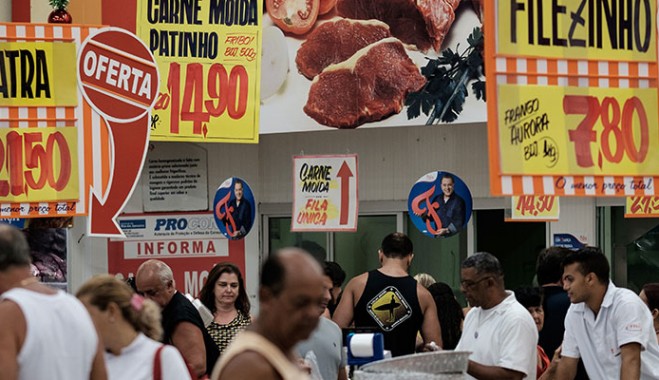Brazil’s rising inflation and increasing deficit pushes Latin America’s largest economy into financial disaster.
Dealing with one of the largest bribery scandals in history, a considerably unpopular leader, and the longest recession in a century, Brazil faces a potentially irredeemable political and economic crisis. As Brazil’s inflation, deficit and debt continues to grow, so does the impossibility of the economy emerging from a deepened recession.
Brazil’s deficit jumped in November to one of the highest levels on record, equal to 9.3 percent of GDP, said the Central Bank on 29 December. The country is experiencing its fastest inflation rate in 12 years, currently running at more than 10 percent. Undermining the ability of Brazilians to spend and the value of their savings, policy makers are struggling to gain control without crippling the economy.
According to the Wall Street Journal, the central bank said that Brazil’s gross debt was 65.1 percent of GDP in October. On Wednesday 30 December, Interim Treasury Chief Otavio Ladeira stated that the Brazilian government paid back all its debts with state-run lenders, which amounted to 72.4bn Brazilian reais ($18.15bn). This has most likely increased the country’s budget hole.
As Brazil is confronted with its largest bribery scandal, political issues have indirectly affected the economy. The state-controlled oil giant Petrobras has been linked with a large-scale corruption scandal, which has severely damaged investor confidence.
As one of the fast emerging countries of the four BRIC countries – characterised by remarkable economic growth and democratic stability – the hope is that the Brazil of today does not lapse and slide into political and financial turmoil.
